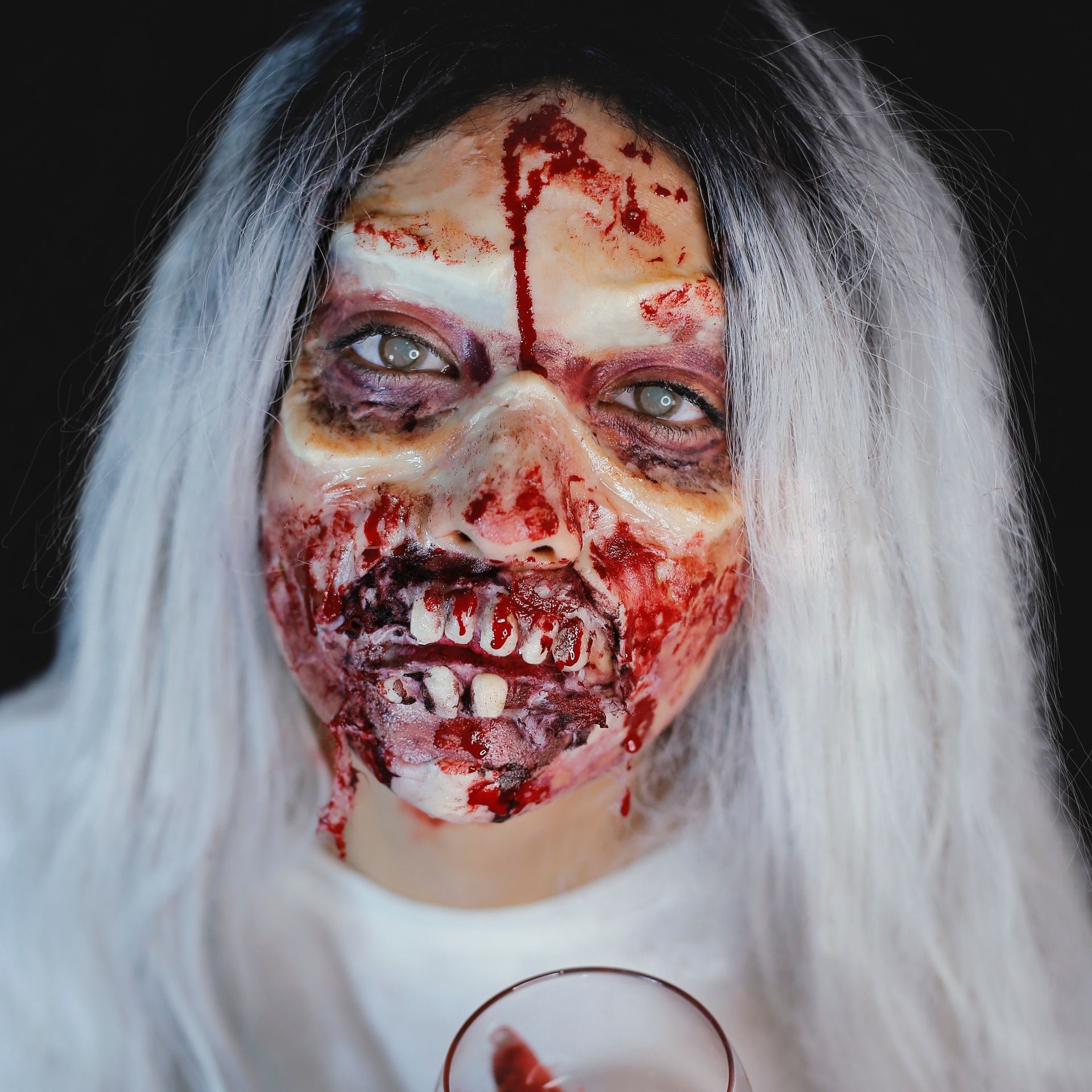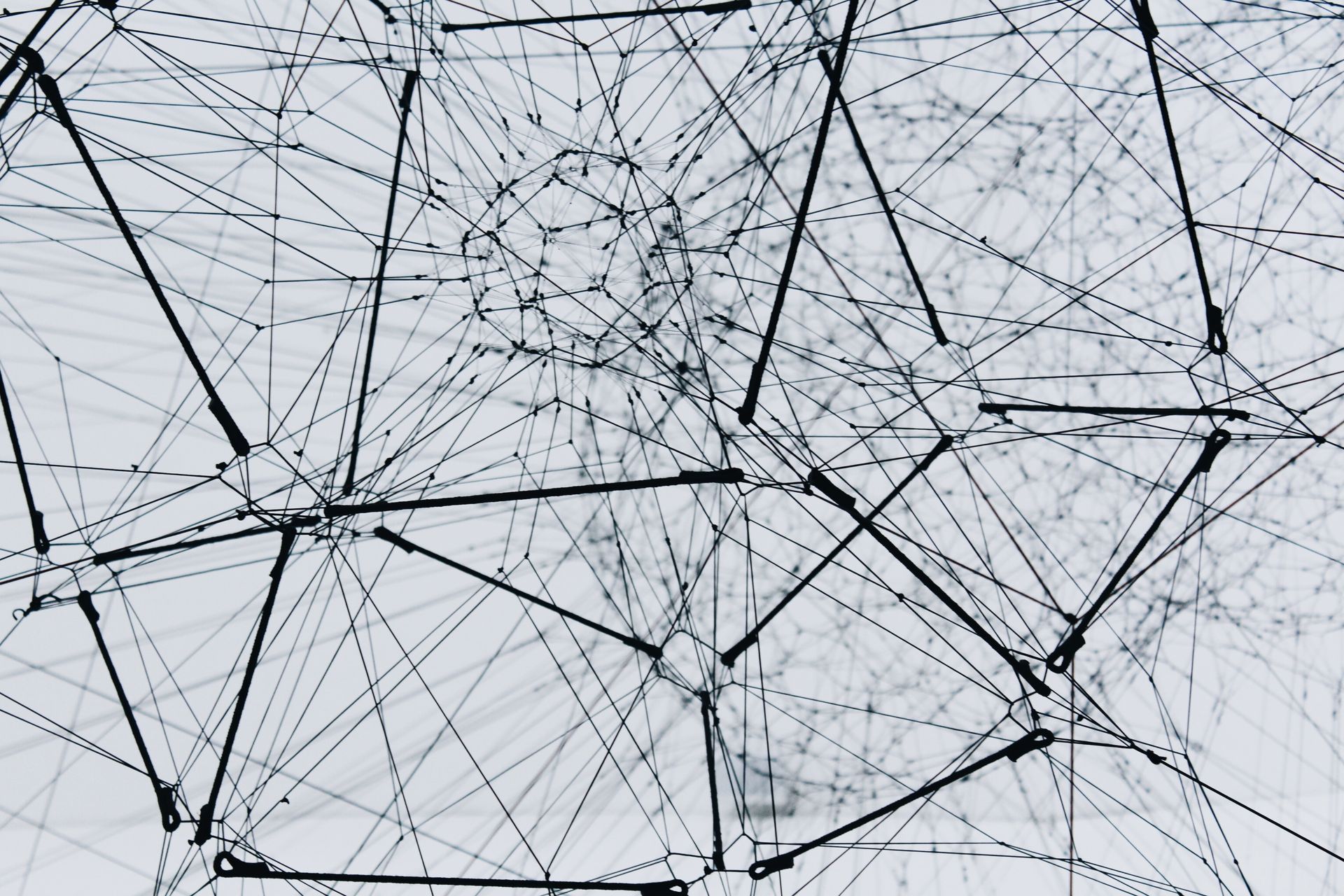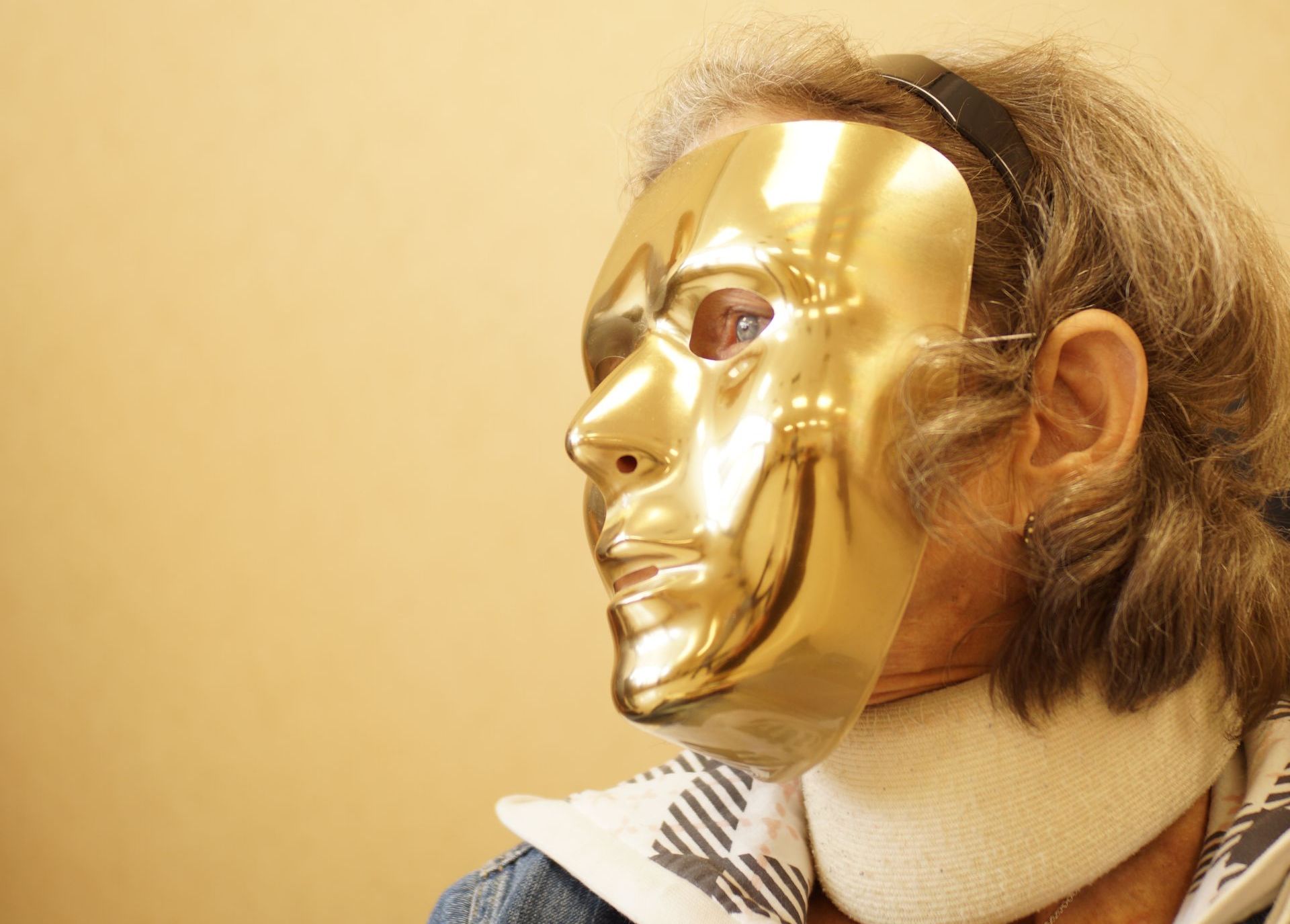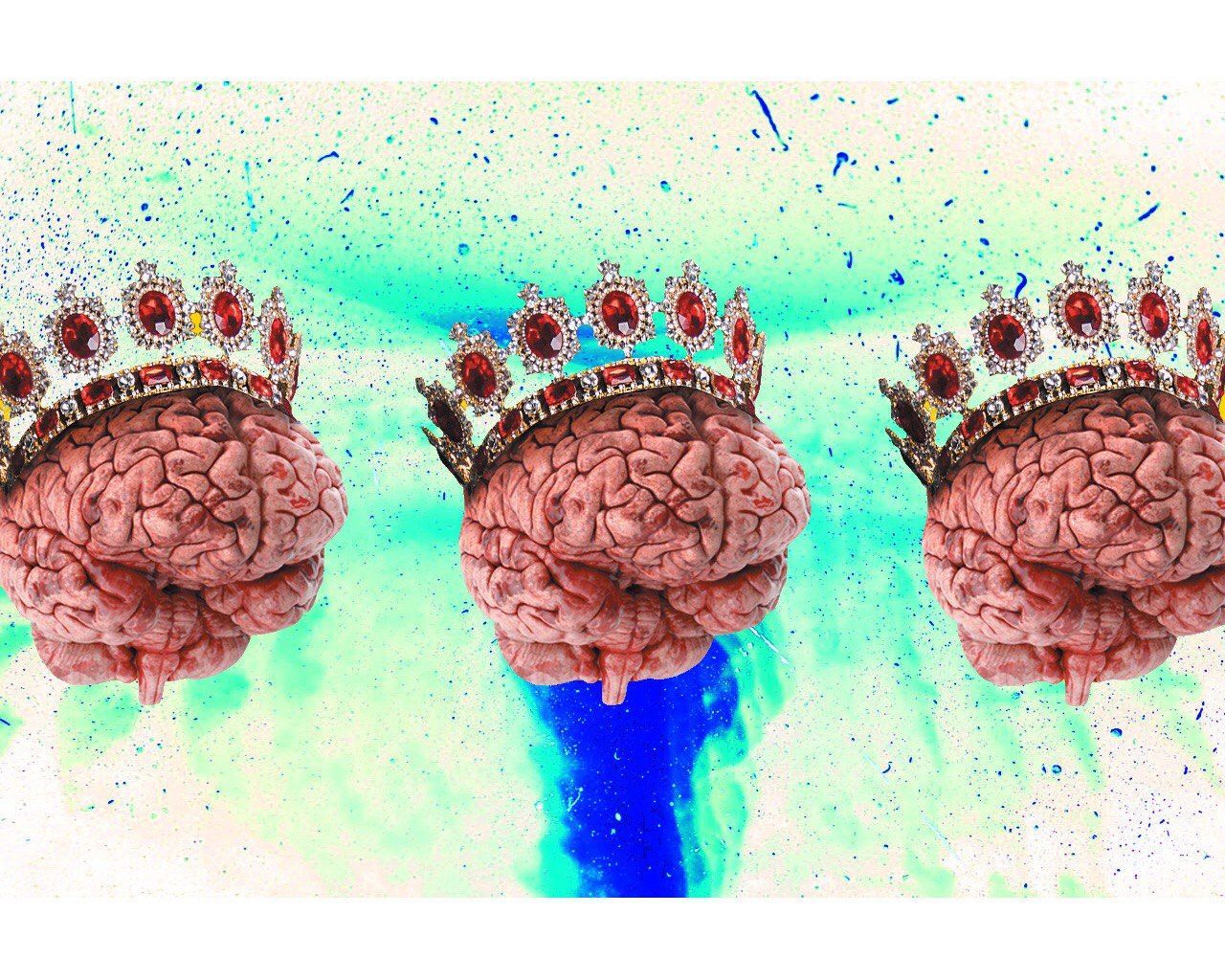Why do we like horror movies?
Looking at the research behind enjoying horror

Halloween is only a few days away and with spooky season in mind I thought I would investigate some fear related psychological research. What I found however was much more suitable for Halloween. Horror movies. Why do we watch horror movies. There is an extensive research synthesis on this subject, and I found it just in time to go through it and let you know what the research says about why we watch horror movies and what personality types watch more and find horror movies enjoyable! So, pause your creepy crawly scenes and don’t worry about Michael Meyers he walks slow enough you won’t miss the best parts (see… slashings not supposed to be in the best part category) let look at why we like horror movies!!!
We start our investigation with what the whole point of horror movies is and what they’re categorical definitions are. They’re made to shock, fright, spook, horrify and disgust the viewer. Usually through harsh visual imagery and contexts but also through auditory means. Thrillers and slasher movies create suspense and terror although they aren’t entirely dependent on the presence of gore and mutilation. All that sounds terrible and horrible, the only words to describe the movies are with the category itself. Sounds like it would be fun to watch. As I mentioned, auditory factors play a role, so horror isn’t a fun thing to listen to either.
Both visual and verbal aspects are important to horror and the research suggests the auditory component particularly important but why? Just think of all the shrieking, screaming nails on a chalkboard and waterphone sounds that go into a horror movie. The jump scare being one of the most important parts of any scary movie. The simple answer is that they create suspense. Theres a build of something bad. The suspense created by both visual and auditory means is the basis for why we like horror movies. The research found that liking of the film was higher when there was more suspense and then when a threat had been overcome. There was further evidence that enjoyment of horror may not be changed by the resolution and the unresolved horror is just as enjoyable as resolved horror. One researcher cited in the review suggests that enjoyment is related to the destruction, excitement and unpredictability depicted in horror movies. Positive outcomes for the main character and negative outcomes for the villain are also predictors of enjoyment of horror films. If neither of those occur but the threat is removed it also results in enjoyment, but it won’t be as strong.
Other researchers in the review found that certain personality types or traits are more likely to enjoy horror movies. Sensation seeking, verbal aggression and argumentativeness being positively correlated with enjoyment of horror movies. Some researchers found a positive correlation between skin conductance (measure of emotional arousal) and self-reported arousal in people who watched nightmare on elm street. This suggests that arousal is measurable at the physiological level and is directly related to psychological processes. As we look more at personality there is a “type” associated with enjoyment of horror films. As we mentioned sensation seeking as a trait correlated with enjoyment of horror films, empathy, theory of mind, need for affect, the dark tetrad traits that are related to liking horror films. In a study 400 people were assigned to watch varying degrees of horror content from violent, to censored to violence removed altogether. Greater exposure to violent content REDUCES enjoyment. Even if people seek it out, they don’t like it. This suggests some level of innate displeasure to trauma even if its intended to be watched for thrills. Some people like thrills, but often the violence and thrills lead to less enjoyment.
Remember we touched on sensation seeking being a trait and that even after watching horror it leads to less enjoyment? Last paragraph. Thrill seeking and adventure, experience seeking, disinhibition and boredom susceptibility are the 4 determinates of sensation seeking. A negative stimulus was shown to be perceived as positive in someone high in sensation seeking. Much like sky diving most of would find terrifying but some people LOVE that feeling because they are high in sensation seeking behavior. All 4 factors of sensation seeking behaviors listed play a role in enjoyment of horror films, but some are better predictors. One surprising note from the research had to do with disinhibition. Disinhibition was found to be the strongest predictors of horror enjoyment. Further, disinhibition and psychopathy (remorseless, callous, manipulative) were correlated with morbid curiosity. If you really like gore and horror movies… you might be... a psychopath…BOO!!! A little scary? Probably not…
If you’ve read my other articles (https://www.psycho-social.com/big-5-personality-traits-and-agression) big 5 personality traits are one of the most widely used and accurate predictors of personality. From marketing to political targeting. They also have been studied in liking horror movies. There was a significant relationship between extroversion and frequency of horror media usage. Watching horror movies with friends maybe? Or just doing something scary with friends. Who goes to a haunted house alone like a weirdo…? Agreeableness was also correlated with being scared easily by horror and enjoying horror with others. However, it was negatively correlated with being more scared than others. Agreeable people are scared easily and probably agree to watching horror movies (duh) but it doesn’t mean they’re more scared when watching horror movies. People high in conscientiousness are less scared after horror movies and as you can expect people high in neuroticism had greater psychophysiological arousal watching horror films.
Fear is the most widely studied emotion in science because it’s such an ingrained and strong emotion, it can also be easily provoked in the lab and is observed in nonhuman organisms. Fear is what keeps us alive sometimes, heightening our senses pumping adrenaline giving us the cue to fight or fly. The strange part is that we willingly subject ourselves to it during the spooky season. Its scary time, lets be scared! Very similar to eggnog for Christmas. Its not great but we do it. and some people even like it! that goes for both horror thrills and eggnog. So, with Halloween fast approaching put on some Friday the 13th or whatever your favorite movie is. If you really like horror research says you’re a thrill seeker, if you really really like horror and gore, you might be a psychopath. If you watch horror and don’t like it, you might just be agreeable but watching horror and not liking it is normal. Watching for a few scares and thrills during the spooky season is also normal! its just nice to have a little look inside the mind this Halloween.
HAPPY HALLOWEEN!
Share down below & Subscribe to get updates!
Source
Martin, G. N. (2019). (why) do you like scary movies? A review of the empirical research on psychological responses to Horror films. Frontiers in Psychology, 10. https://doi.org/10.3389/fpsyg.2019.02298










